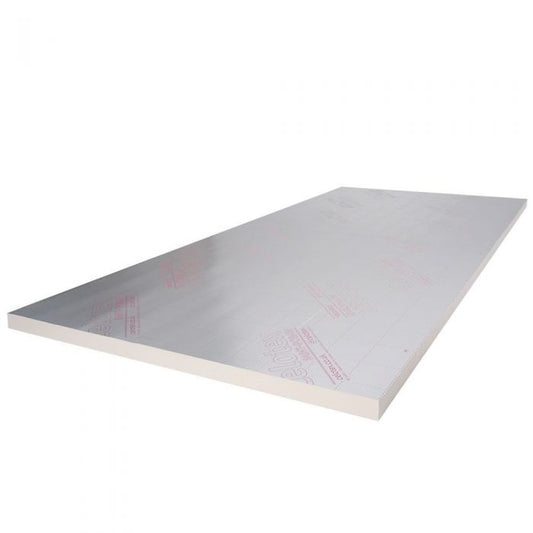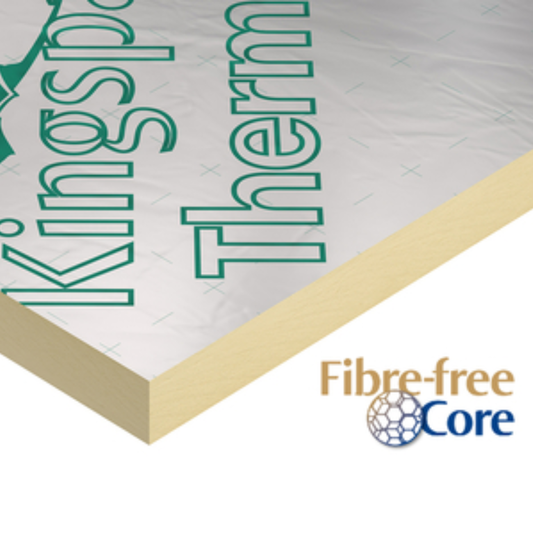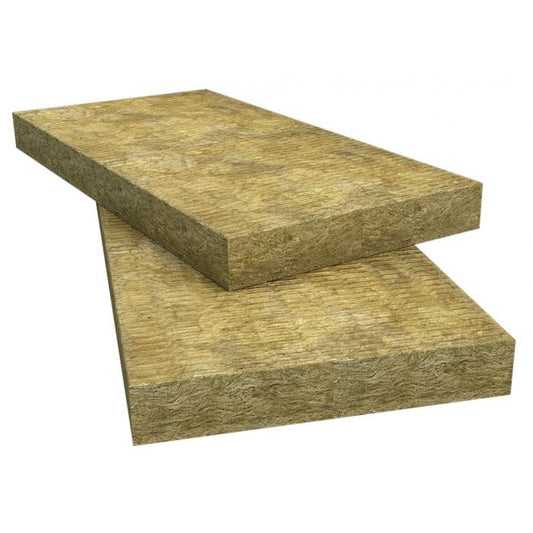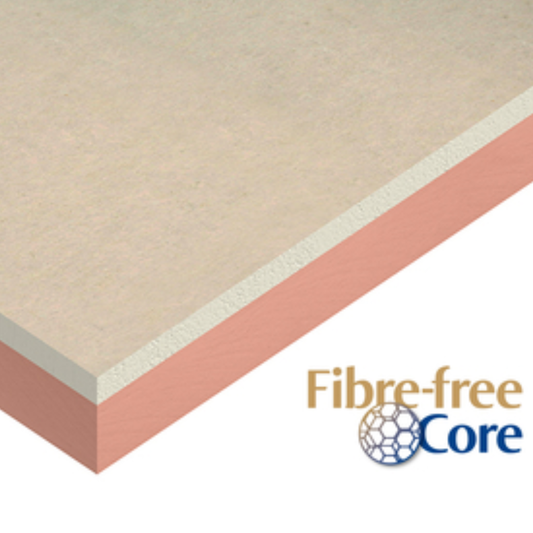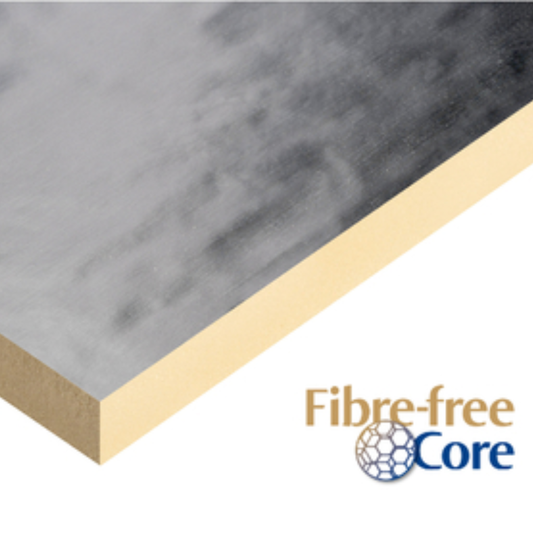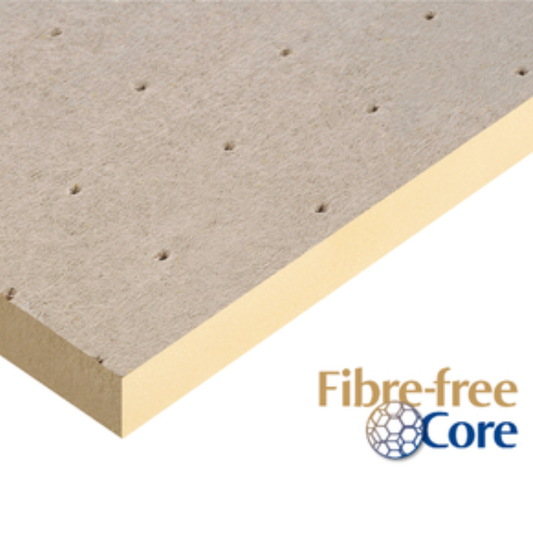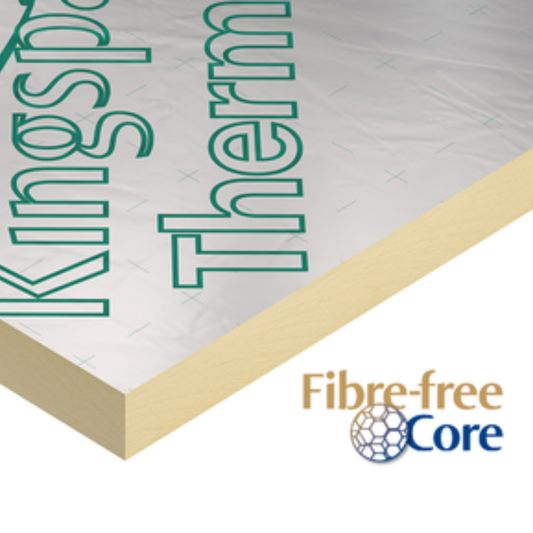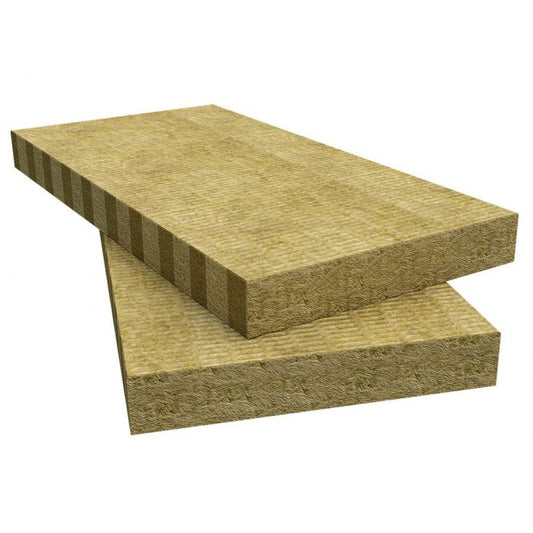Keep warm whilst reducing your costs & carbon footprint
Heat pumps are an effective and energy efficient way to transfer heat into your home and produce hot water. We offer a range of market leading Ground and Air Source Heat Pumps, alongside the best advice and customer service.
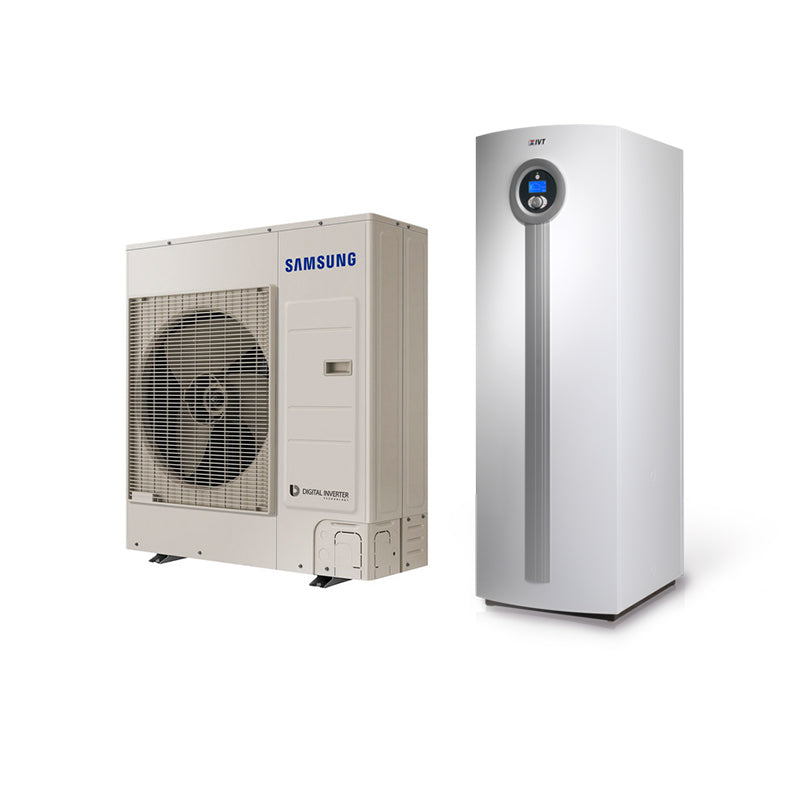
Only High Quality Heat Pumps
Our range includes IVT Ground Source Heat Pumps and Samsung Air Source Heat Pumps, both of which are designed and manufactured with incredible technology at its core, and come with the reputation for reliable, high quality heat pump products.
Our range of Heat Pumps
-
Celotex TB/GA/XR4000 PIR Boards
Regular price From £16.23Regular priceUnit price per£14.75Sale price From £16.23 -
Kingspan TP10/TW55/TF70 PIR Boards
Regular price From £23.22Regular priceUnit price per£21.11Sale price From £23.22 -
Rockwool RW3 60kg/m3 Acoustic Mineral Wool
Regular price From £46.25Regular priceUnit price per -
Kingspan K118 Kooltherm Insulated Plasterboards
Regular price From £1,228.23Regular priceUnit price per£1,084.05Sale price From £1,228.23 -
Kingspan TR26 Thermaroof Flat Roof Insulation Boards
Regular price From £292.82Regular priceUnit price per£266.20Sale price From £292.82 -
Kingspan TR27 Thermaroof Flat Roof Insulation Boards
Regular price From £143.46Regular priceUnit price per£130.42Sale price From £143.46 -
Kingspan TW50 Thermawall Cavity Wall Boards
Regular price From £8.40Regular priceUnit price per£7.64Sale price From £8.40 -
Rockwool Flexi Insulation Slab
Regular price From £58.23Regular priceUnit price per
The Advantages of Heat Pumps
-
Up to 75% Reduced Heating Costs
Heat Pumps are very efficient when they are designed and installed correctly, with savings versus traditional electric, oil and LPG heating systems reaching as high as a 75% reduction in running costs.
-
Around 80% Smaller Carbon Footprint
With the latest technology and current emission rates, heat pumps will generate carbon emission savings of over 80% compared with traditional fossil fuel heating systems like oil and gas boilers.
-
Compliance with Building Regulations
Heat pumps save carbon dioxide emissions compared with conventional fossil fuel technologies, with these carbon savings contributing to towards your building regulations compliance.
The Facts about Heat Pumps:
What is a Ground Source Heat Pump?
A ground source heat pump, also known as a ground-to-water heat pump, extracts renewable, solar energy from the ground to produce sufficient heat to comfortably cater for all of your heating and hot water requirements.
Ground Source Heat Pumps can work with any form of distribution system, however, the best performance is achieved when the heat pump is partnered with underfloor heating, which enables the lowest possible flow temperatures. It can also heat water stored in a hot water cylinder for your hot taps and showers.
How do Ground Source Heat Pumps work?
Unlike traditional fossil fuel and biomass systems which create heat through the burning of a fuel, a Ground Source Heat Pump collects solar energy stored in the ground. Rather than creating heat, it is transferring the natural heat stored in the ground into the building. This means that they don't have to work as hard to produce the heat making it more efficient than traditional methods.
How to install a Ground Source Heat Pump?
To install a Ground Source Heat Pump, loops of pipes are placed in the ground at about one meter depth where the temperature of the ground is a stable 8 to 12 degrees all year round. These pipes will later be filled with a mixture of water and antifreeze solution that will act as a heat exchanger. Once buried, these pipes will be connected to heat pump, which in turn will be connected to the heating and hot water systems.
Ground Source Heat Pumps can provide a comfortable and environmentally friendly form of heat whilst delivering significant cost savings, however, it is important that you choose a heat pump that has been appropriately sized for your property.
What is an Air Source Heat Pump?
Otherwise known as air-to-water heat pumps, an Air Source Heat Pump is a highly efficient alternative to fossil fuel heating systems. They work by extracting renewable solar energy from the air to produce sufficient heat to comfortably cater for all of your heating and hot water requirements. Coupled with underfloor heating, they can produce unrivalled performance, but they can also work with any from of heat distribution system.
How do Air Source Heat Pumps work?
Similar to Ground Source, Air Source Heat Pumps collects natural solar energy stored in the air. Rather than creating heat, it is transferring the natural heat stored in the air into the building. Unlike traditional fossil fuel and biomass systems which create heat through the burning of a fuel, they transfer the heat so don't have to work has hard, making it more efficient than traditional methods.
How to install an Air Source Heat Pump?
To install an Air Source Heat Pump, an external fan unit is placed outside the property, which then extracts heat from the air even down to -20C. This heat is absorbed into a fluid which then passes through a heat exchanger into the heat pump, which raises the temperature and then transfers that heat to water to heat radiators, underfloor heating and hot water cylinders.
Air Source Heat Pump systems can deliver huge cost savings, however, the right system needs to be chosen for the property size, heating system and budget.


